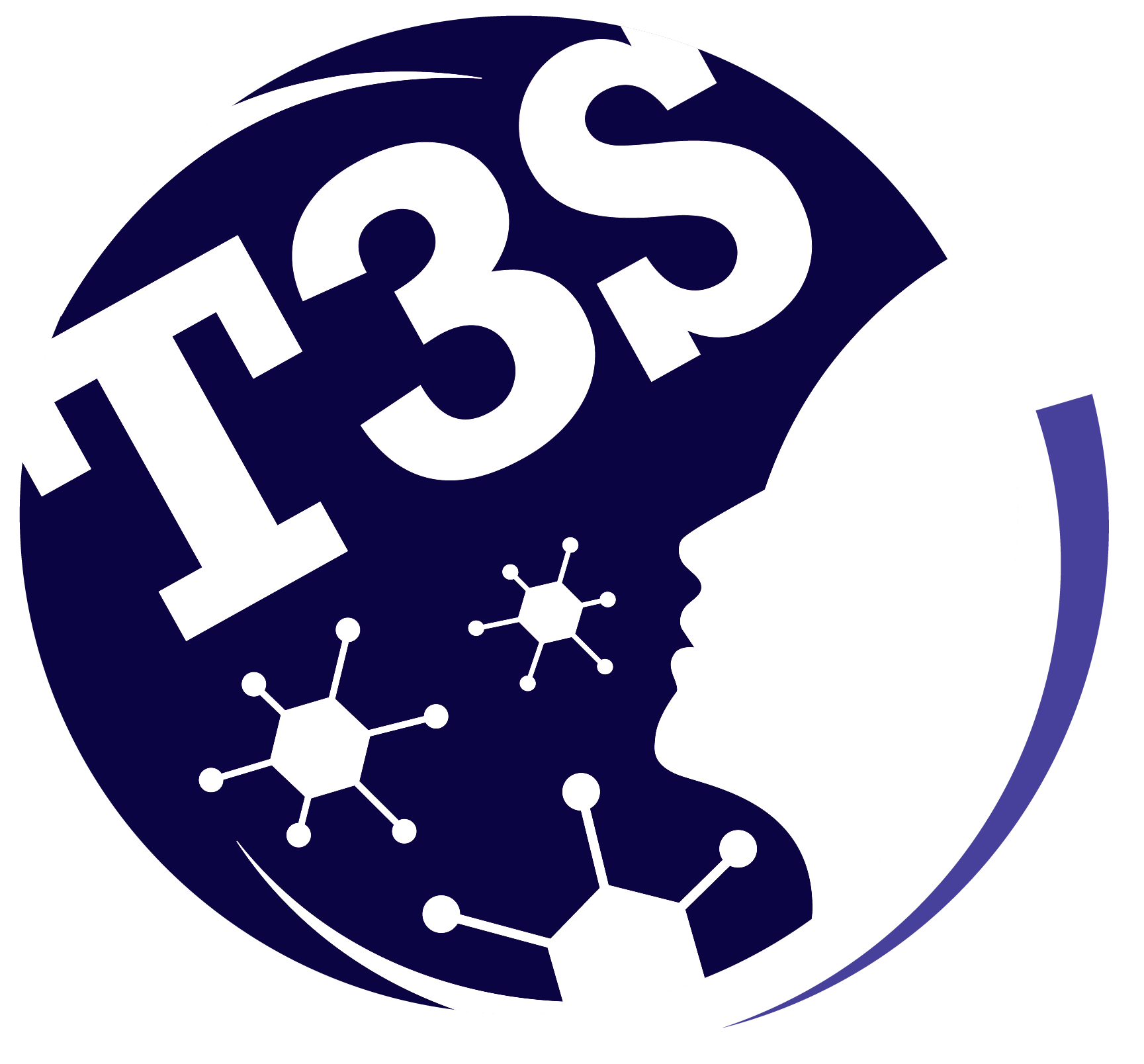Yolanda Prezado (IMNC-CNRS, Orsay)
Cancer is responsible for one out of four deaths in Europe. Radiotherapy (RT) has a key role in cancer treatment. In fact, about half of the patients will receive RT at some point during their illness. The therapeutic use of ionizing radiation has been largely guided by the goal of directly eliminating all cancer cells while minimizing the toxicity to adjacent tissues. Nowadays, technological advances in radiation delivery, including image guidance and particle therapy (i.e. proton therapy), have notably improved tumor dose conformation, thus reducing the dose to the organs-at-risk. Despite remarkable advancements, the dose of tolerances of normal tissues continue to be the main limitation in RT and still compromise the treatment of some radioresistant tumors, tumors close to a sensitive structure (e.g. central nervous system (CNS)) and pediatric cancer. Therefore, why not change the strategy? Why not make use of the evolving wealth of biological knowledge to seek for new approaches? Indeed, the central dogma of conventional RT, namely that the cytotoxic effects of radiation are primarily due to the production of DNA double-strand breaks followed by some form of cell death, is being abandoned. This paradigm shift is led by the recent shreds of evidence of the importance of cell signalling and the role of the vascular, stromal and immunological changes induced by the radiation in treatment outcome. Interestingly, the close bond existing in RT between physics and biology may allow an activation/modulation of the aforementioned “non-targeted” effects by tuning the physical parameters of irradiation. One possible way is to employ distinct modes of radiation dose deposition. One example is the spatial fractionation of the dose, which has already proven its capacity for normal tissue sparing [1-4]. Its exploration offers a whole new horizon of both scientific research and potential future clinical practice. This lecture will give a general overview about this and some other novel therapeutic strategies that use physics to modulate the biological response.
Amphithéâtre du bâtiment 111, Centre de Recherche d’Orsay


